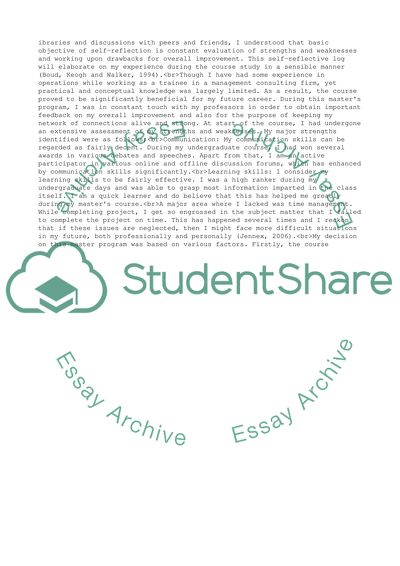Cite this document
(Business Functions and process Operations Management Reflective LOG Essay, n.d.)
Business Functions and process Operations Management Reflective LOG Essay. https://studentshare.org/management/1820508-business-functions-and-process-operations-management-reflective-log
Business Functions and process Operations Management Reflective LOG Essay. https://studentshare.org/management/1820508-business-functions-and-process-operations-management-reflective-log
(Business Functions and Process Operations Management Reflective LOG Essay)
Business Functions and Process Operations Management Reflective LOG Essay. https://studentshare.org/management/1820508-business-functions-and-process-operations-management-reflective-log.
Business Functions and Process Operations Management Reflective LOG Essay. https://studentshare.org/management/1820508-business-functions-and-process-operations-management-reflective-log.
“Business Functions and Process Operations Management Reflective LOG Essay”. https://studentshare.org/management/1820508-business-functions-and-process-operations-management-reflective-log.


